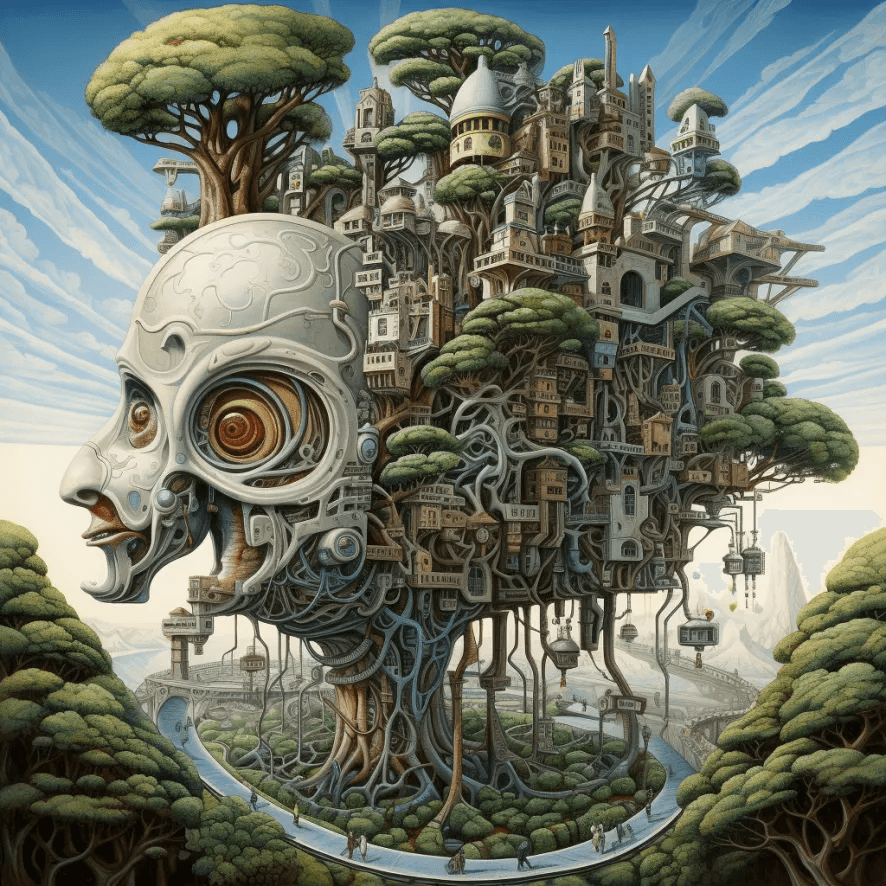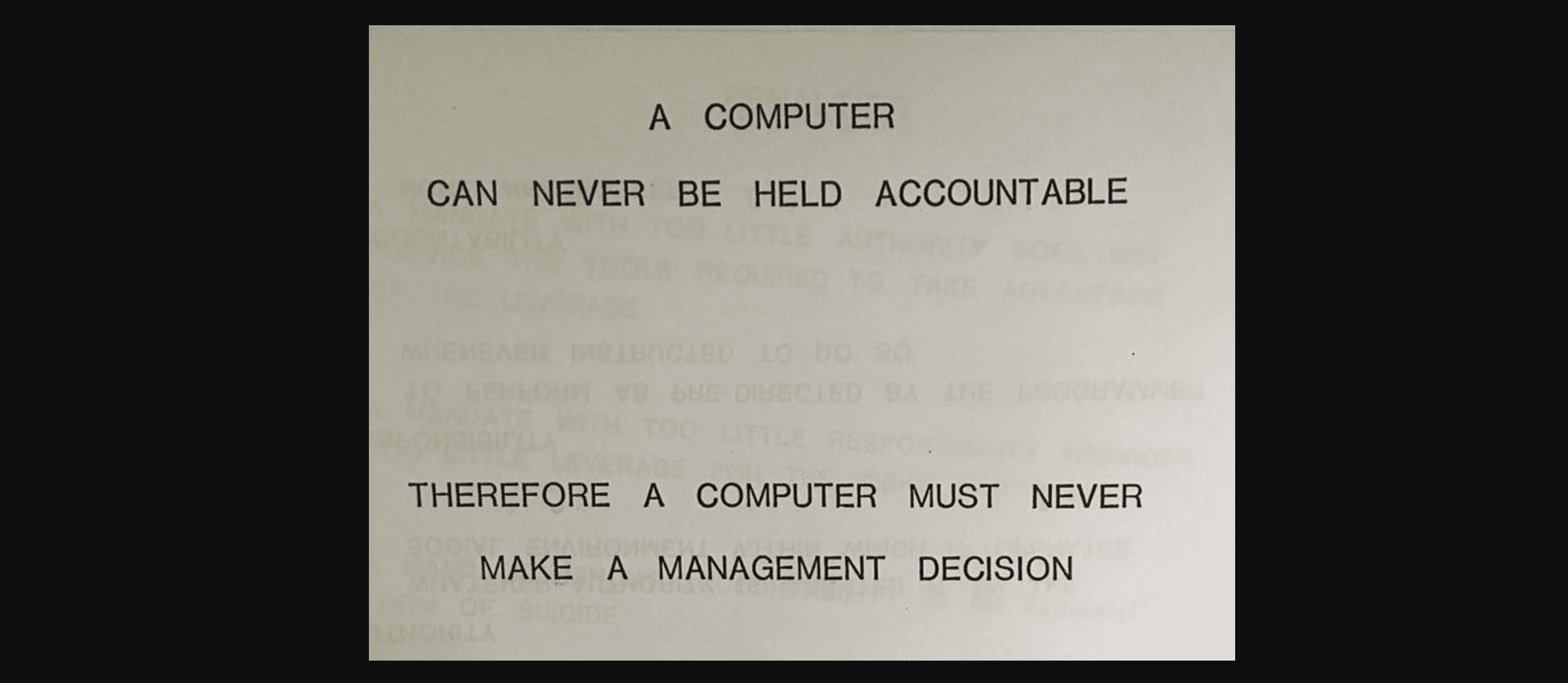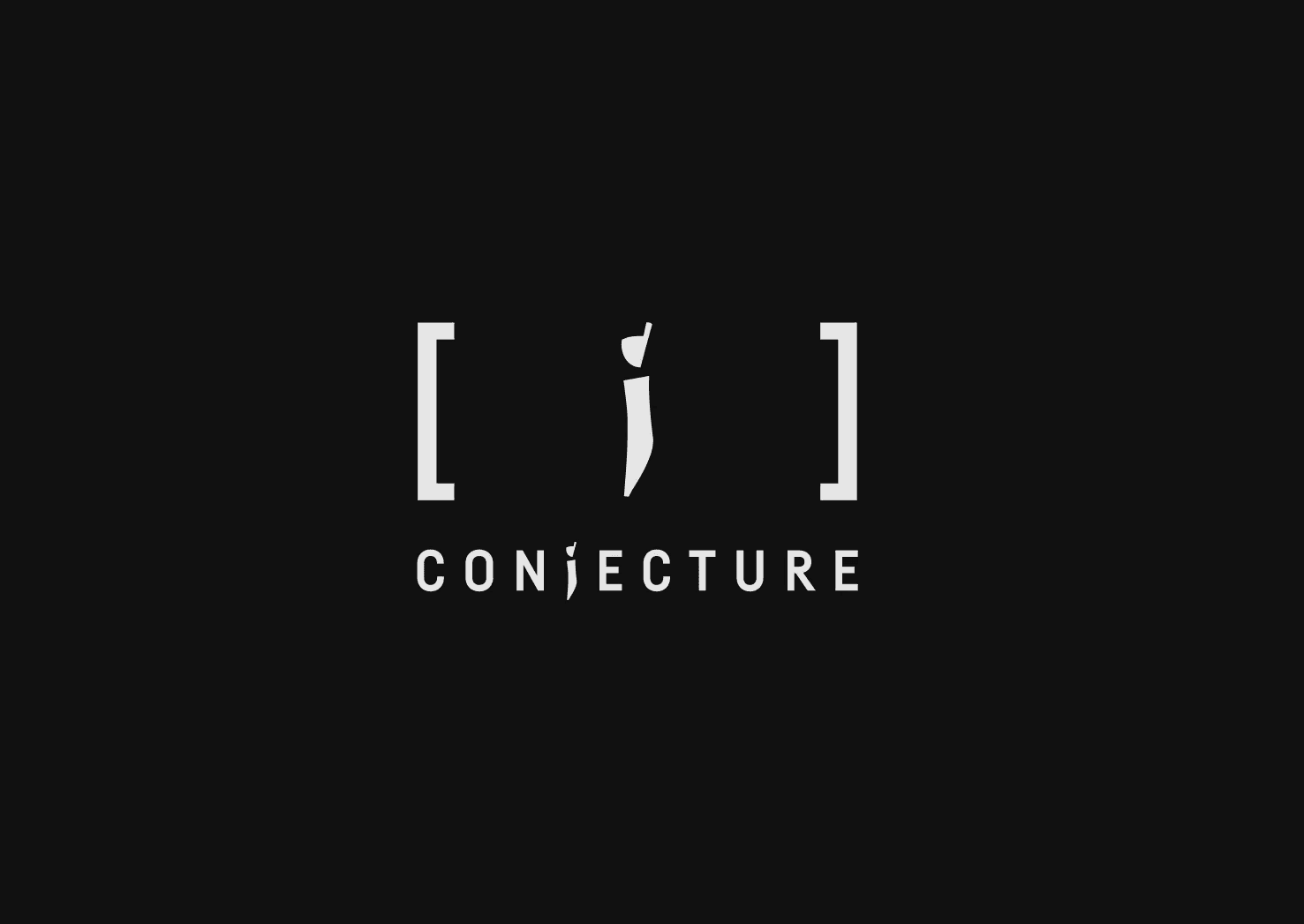

Biases are engines of cognition
Biases are engines of cognition
Biases are engines of cognition
Conjecture
Nov 30, 2022
Humans are not perfect reasoners. Cognitive biases are not biases; they are engines of cognition, each exploiting regularities of the universe. Combining enough of these “cognitive biases” was enough to create a general intelligence but doesn’t even approximate perfect reasoners.
These cognitive biases initially arose through the directed search process of evolution. In evolution, it is far easier to identify regularities in the universe and build up biases that leverage these local regularities, than to figure out how to reason apriori. So we are built to rely on our intuition and vibes in social settings rather than explicitly calculate who knows what. Once enough biases have accumulated, and enough regularities have been taken advantage of, these biases combine to form human general intelligence.
Human general intelligence then launched a more directed search process in the form of culture and transfer of knowledge and practices. These were found in a fairly ad-hoc fashion and constructed on top of previous biases that form human intelligence. So we rely on biased intuitions to decide who to trust, who to emulate, and then we emulate and learn from them, allowing us to pass knowledge and know-how between generations. This takes the form of learning strategies suited to our environment, both natural and social.
Even science, which seeks deeper mechanistic understanding, is still a directed search process that targets what regularities we can find in the universe. We don't reason from quantum mechanics to a unified theory of everything. Instead, we often isolate and attack problems as we come across them, build a fragmentary understanding, and only integrate later, if we do at all. Despite the importance of molecular mechanisms in understanding evolution, Darwin first constructed his theory based on the similarities between species and a vague understanding that the world was very old. We didn’t understand the underlying mechanism at the time; all we could do was construct scaffolds of understanding around these local regularities and push deeper when more of the terrain was revealed.
So biases are engines of cognition that can be accumulated through directed search. The end result is interlocking biases tied to understanding and exploiting specific regularities. This is not perfect reasoning, nor even an approximation thereof. But somehow, it was enough to add up to general intelligence.
Humans are not perfect reasoners. Cognitive biases are not biases; they are engines of cognition, each exploiting regularities of the universe. Combining enough of these “cognitive biases” was enough to create a general intelligence but doesn’t even approximate perfect reasoners.
These cognitive biases initially arose through the directed search process of evolution. In evolution, it is far easier to identify regularities in the universe and build up biases that leverage these local regularities, than to figure out how to reason apriori. So we are built to rely on our intuition and vibes in social settings rather than explicitly calculate who knows what. Once enough biases have accumulated, and enough regularities have been taken advantage of, these biases combine to form human general intelligence.
Human general intelligence then launched a more directed search process in the form of culture and transfer of knowledge and practices. These were found in a fairly ad-hoc fashion and constructed on top of previous biases that form human intelligence. So we rely on biased intuitions to decide who to trust, who to emulate, and then we emulate and learn from them, allowing us to pass knowledge and know-how between generations. This takes the form of learning strategies suited to our environment, both natural and social.
Even science, which seeks deeper mechanistic understanding, is still a directed search process that targets what regularities we can find in the universe. We don't reason from quantum mechanics to a unified theory of everything. Instead, we often isolate and attack problems as we come across them, build a fragmentary understanding, and only integrate later, if we do at all. Despite the importance of molecular mechanisms in understanding evolution, Darwin first constructed his theory based on the similarities between species and a vague understanding that the world was very old. We didn’t understand the underlying mechanism at the time; all we could do was construct scaffolds of understanding around these local regularities and push deeper when more of the terrain was revealed.
So biases are engines of cognition that can be accumulated through directed search. The end result is interlocking biases tied to understanding and exploiting specific regularities. This is not perfect reasoning, nor even an approximation thereof. But somehow, it was enough to add up to general intelligence.
Humans are not perfect reasoners. Cognitive biases are not biases; they are engines of cognition, each exploiting regularities of the universe. Combining enough of these “cognitive biases” was enough to create a general intelligence but doesn’t even approximate perfect reasoners.
These cognitive biases initially arose through the directed search process of evolution. In evolution, it is far easier to identify regularities in the universe and build up biases that leverage these local regularities, than to figure out how to reason apriori. So we are built to rely on our intuition and vibes in social settings rather than explicitly calculate who knows what. Once enough biases have accumulated, and enough regularities have been taken advantage of, these biases combine to form human general intelligence.
Human general intelligence then launched a more directed search process in the form of culture and transfer of knowledge and practices. These were found in a fairly ad-hoc fashion and constructed on top of previous biases that form human intelligence. So we rely on biased intuitions to decide who to trust, who to emulate, and then we emulate and learn from them, allowing us to pass knowledge and know-how between generations. This takes the form of learning strategies suited to our environment, both natural and social.
Even science, which seeks deeper mechanistic understanding, is still a directed search process that targets what regularities we can find in the universe. We don't reason from quantum mechanics to a unified theory of everything. Instead, we often isolate and attack problems as we come across them, build a fragmentary understanding, and only integrate later, if we do at all. Despite the importance of molecular mechanisms in understanding evolution, Darwin first constructed his theory based on the similarities between species and a vague understanding that the world was very old. We didn’t understand the underlying mechanism at the time; all we could do was construct scaffolds of understanding around these local regularities and push deeper when more of the terrain was revealed.
So biases are engines of cognition that can be accumulated through directed search. The end result is interlocking biases tied to understanding and exploiting specific regularities. This is not perfect reasoning, nor even an approximation thereof. But somehow, it was enough to add up to general intelligence.
Latest Articles




Dec 2, 2024
Conjecture: A Roadmap for Cognitive Software and A Humanist Future of AI
Conjecture: A Roadmap for Cognitive Software and A Humanist Future of AI
An overview of Conjecture's approach to "Cognitive Software," and our build path towards a good future.




Feb 24, 2024
Christiano (ARC) and GA (Conjecture) Discuss Alignment Cruxes
Christiano (ARC) and GA (Conjecture) Discuss Alignment Cruxes
The following are the summary and transcript of a discussion between Paul Christiano (ARC) and Gabriel Alfour, hereafter GA (Conjecture), which took place on December 11, 2022 on Slack. It was held as part of a series of discussions between Conjecture and people from other organizations in the AGI and alignment field. See our retrospective on the Discussions for more information about the project and the format.




Feb 15, 2024
Conjecture: 2 Years
Conjecture: 2 Years
It has been 2 years since a group of hackers and idealists from across the globe gathered into a tiny, oxygen-deprived coworking space in downtown London with one goal in mind: Make the future go well, for everybody. And so, Conjecture was born.
Sign up to receive our newsletter and
updates on products and services.
Sign up to receive our newsletter and updates on products and services.
Sign up to receive our newsletter and updates on products and services.